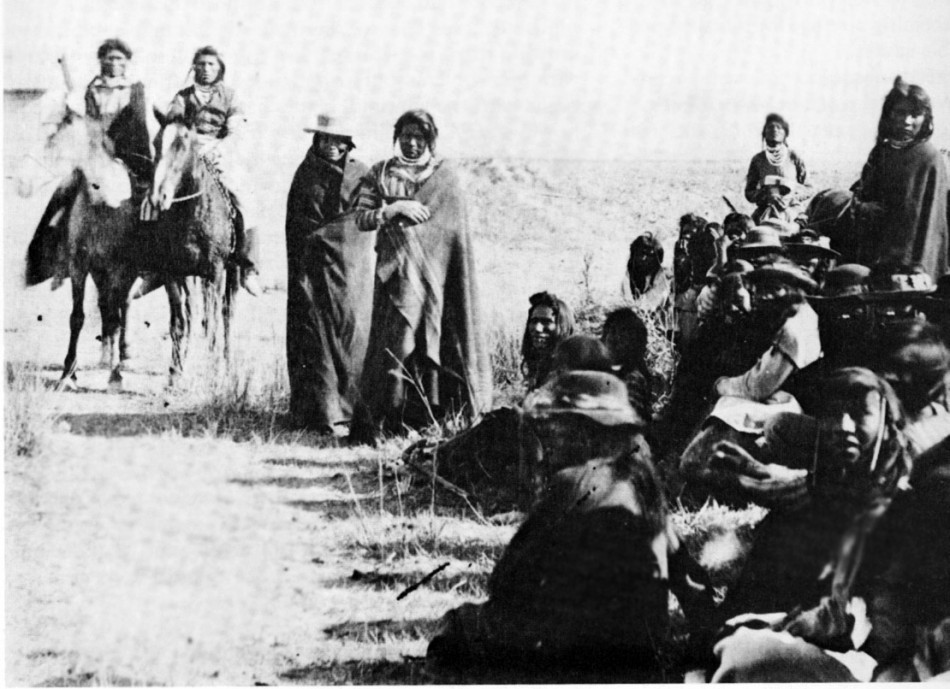Anna Fritz wrote most of her new album, The Gospel of Tree Bark, in a little cabin in the coastal mountains of Southern Oregon with only the birds and the water from nearby creeks to lull her to sleep. Sounds like an album for a bunch of pagan back-to the-land-types, right? Maybe… but she grows so far past this parody both lyrically and musically on “Bark,” that she might be spending more time in the spotlight this year than she anticipated.
Fritz usually works as a side player with the Portland Cello Project (PCP). She takes a few solos and has even performed the occasional original with the group in years past, but she’s used to playing a supportive roll. Her years with the PCP gave Fritz a whole broadened understanding of her primary instrument. Instead of filling her new record with every instrument under the sun—as most songwriters do if given the chance—Fritz wrote her arrangements for cello trios and quartets. This simplicity gives the music an elegant poise that would not have been possible with an overwhelming palette of sound. The result is a style that blends Fritz’s orchestral sensibilities with songs born from the folk rock tradition; layered with tasteful drums and percussion by Ji Tanzer. Jason Wells (March Fourth Marching Band, Trashcan Joe) recorded and produced the album, and his expertise and affection for Fritz’s music resulted in a record with equal parts professional polish and earthy luster.
One of the primary themes of her album is exploring the natural world as a place of comfort and spirituality, and longing for this connection within an urban landscape.
“I had a strong connection with a place that felt sacred; the land all around me was an inspiration, and central to the creative process,” Fritz said in an interview with 1859.
The video for the title track (see below), was produced and filmed by David Waingarten, and depicts her waking in the morning in the city to find a string that she follows deep into the woods, where she is free to be her most natural self, finding music in everything around her. The video is a stunning work of art in itself, and helped Fritz to raise over $15,000, through Kickstarter (a web-based financing vehicle), to fund the recording of the record.
One of the most poignant moments on the album is during Fritz’s rewrite of “The Water is Wide,” where she sings of the struggles of a transsexual lover, a boy trapped in the body of a girl. As the French Horn soars over the background, each verse unfolds the struggle: “And so began my true love’s journey to claim his body for his own, to find a way to bend and shape it, to find a way to call it home.” The familiar chorus takes this story—starring an otherwise invisible member of our society—and makes his story universal, inviting the listener to remember that hard times can be overcome with the help of another.









